Take Action!

Take climate action using this “toolkit” of Extension educational programs and resources to respond to Wisconsin’s changing climate
Climate Ready Communities, Healthy Families and Individuals
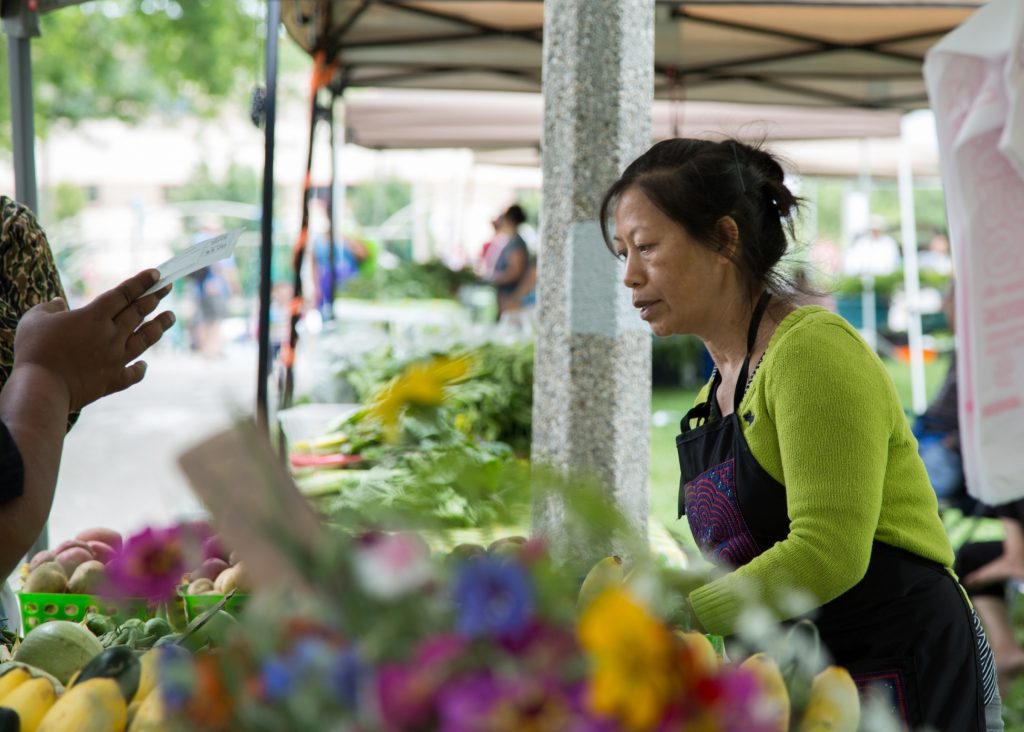
This interactive tool helps communities customize climate resiliency strategies from lower cost to robust actions. Focus areas include: “Built and Natural Environment”, “Ag and Local Food Systems”, and “Energy Efficiency and Renewables”
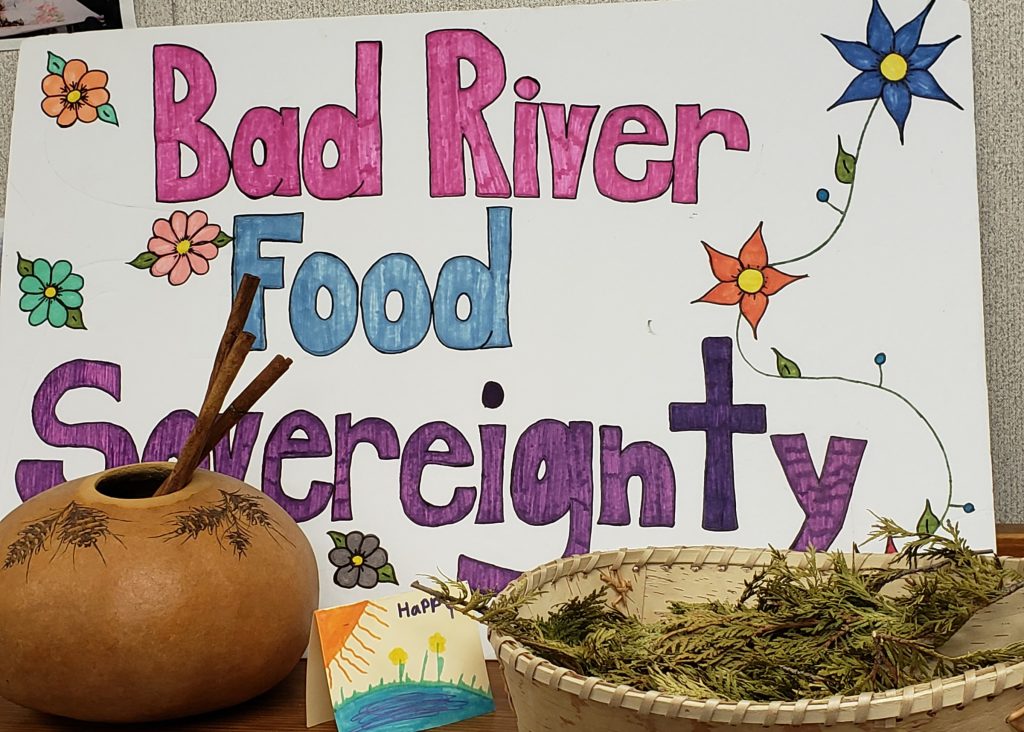
Tribal Food Sovereignty Programs
Climate change affects the right of indigenous people to produce and harvest their own traditional foods. This toolkit of indigenous-based programs support climate resilient growing and use of healthy foods while preserving culture and language.
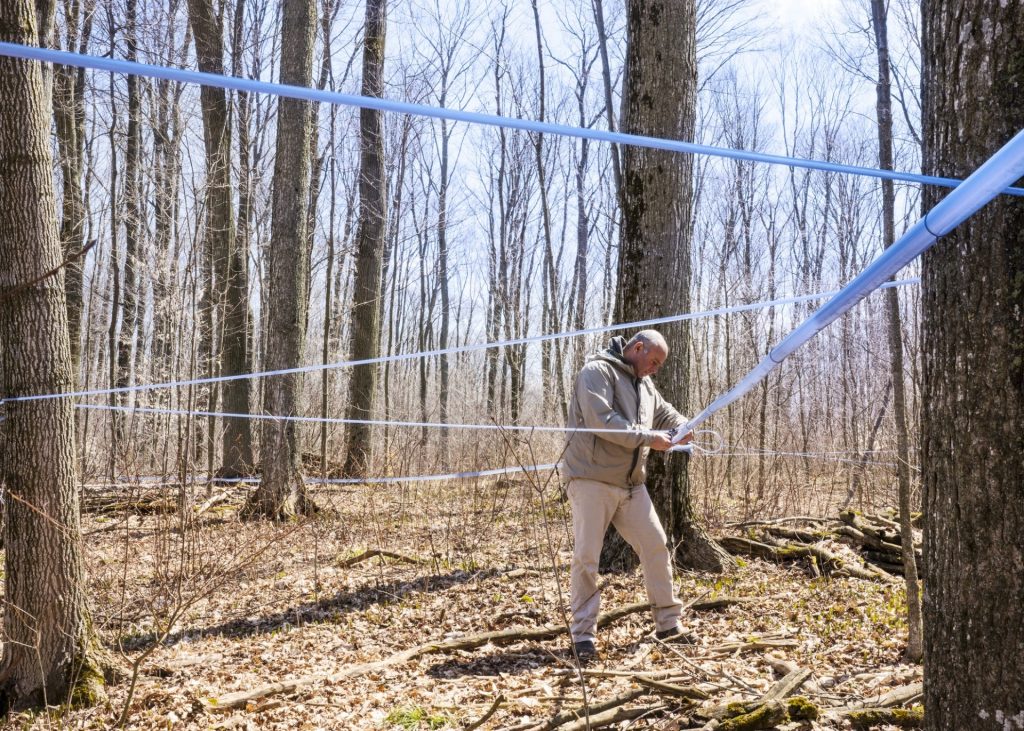
This “menu,” developed by the UW Extension Maple Program, helps maple syrup producers take concrete actions to adapt to current and future environmental challenges.
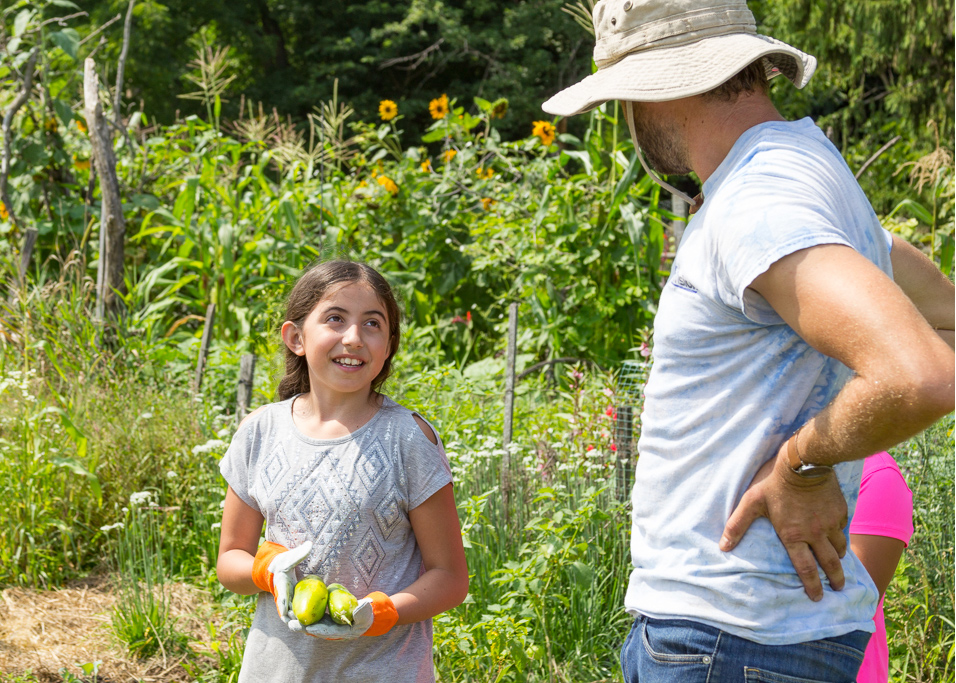
Climate Resilient Food Systems Menu
Use this “menu” to choose strategies that will increase access to healthy, culturally appropriate foods for all community members without increasing greenhouse gas emissions.
Youth Climate Resources
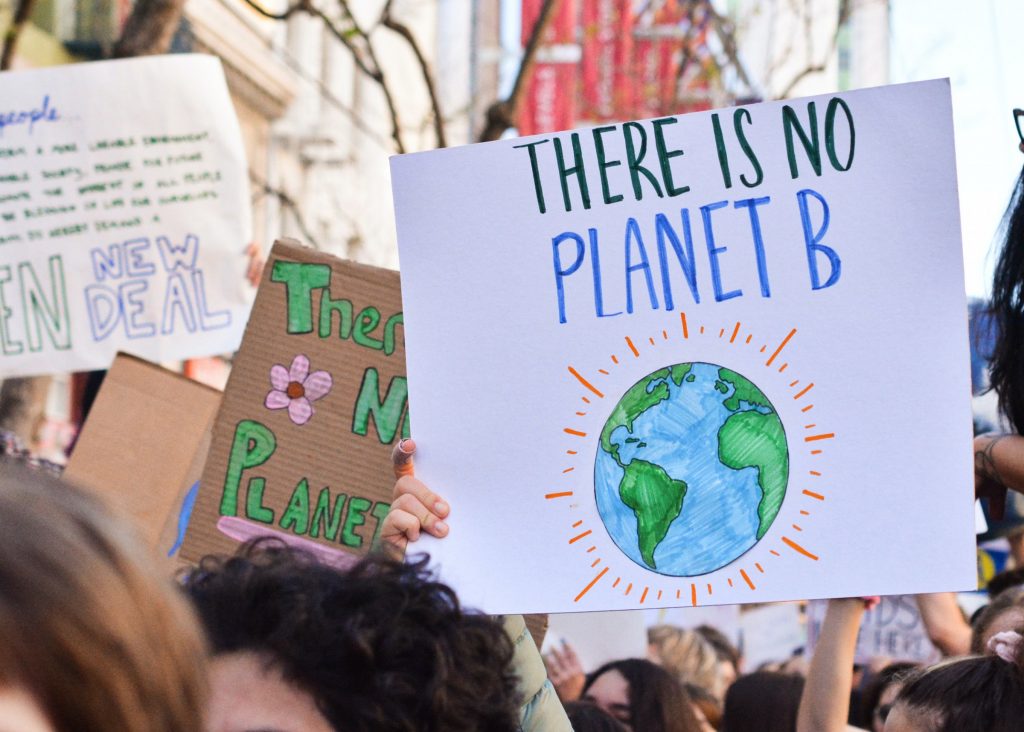
Tools and resources specifically designed to help youth understand climate science and advocate for solutions that increase resiliency.

Gen Z Unites for Climate Change
Explore the results of a National 4-H Council survey of 1,500 teens from 13-19 years old exploring their concerns about — and commitment to — protecting the environment.
Climate Ready Landscapes
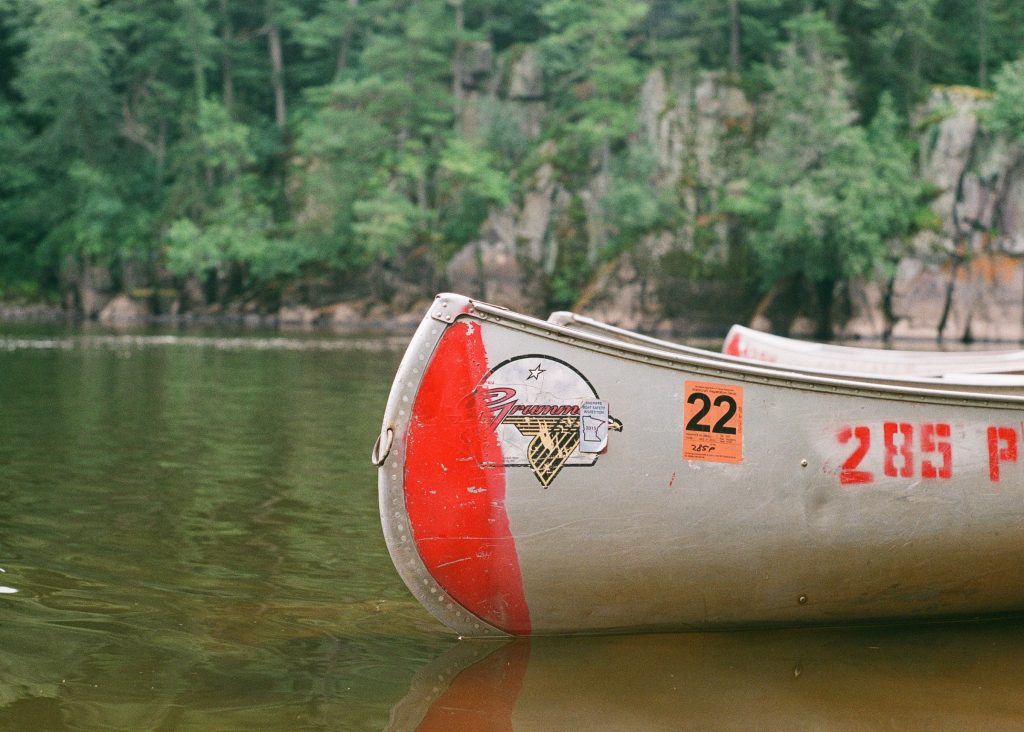
Explore how climate changes will alter our lake ecosystems and how lake managers can prepare for and adapt to those changes.

Built & Natural Environment Resiliency Menu
A Extension-developed menu for communities to explore a range of climate resiliency strategies, including increasing energy efficiency.
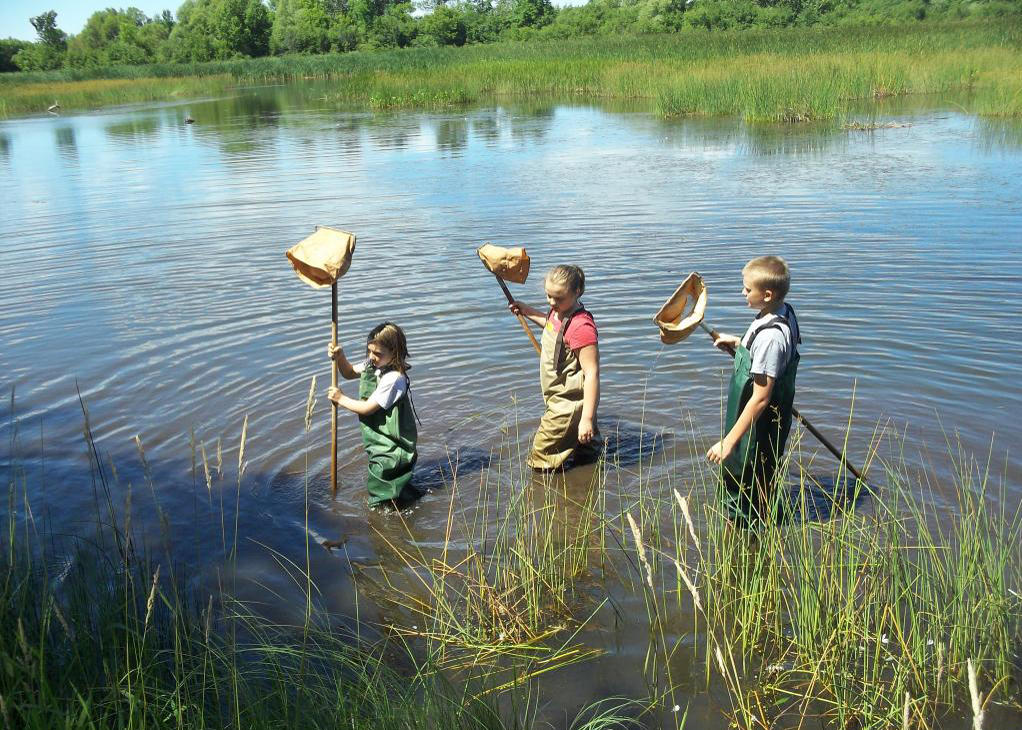
Wisconsin’s Changing Lake Temperatures
Water temperature is a major controller of many organisms living in a lake. Explore how the temperature of Wisconsin’s Lakes are changing with our changing climate.
Clean Energy Resources
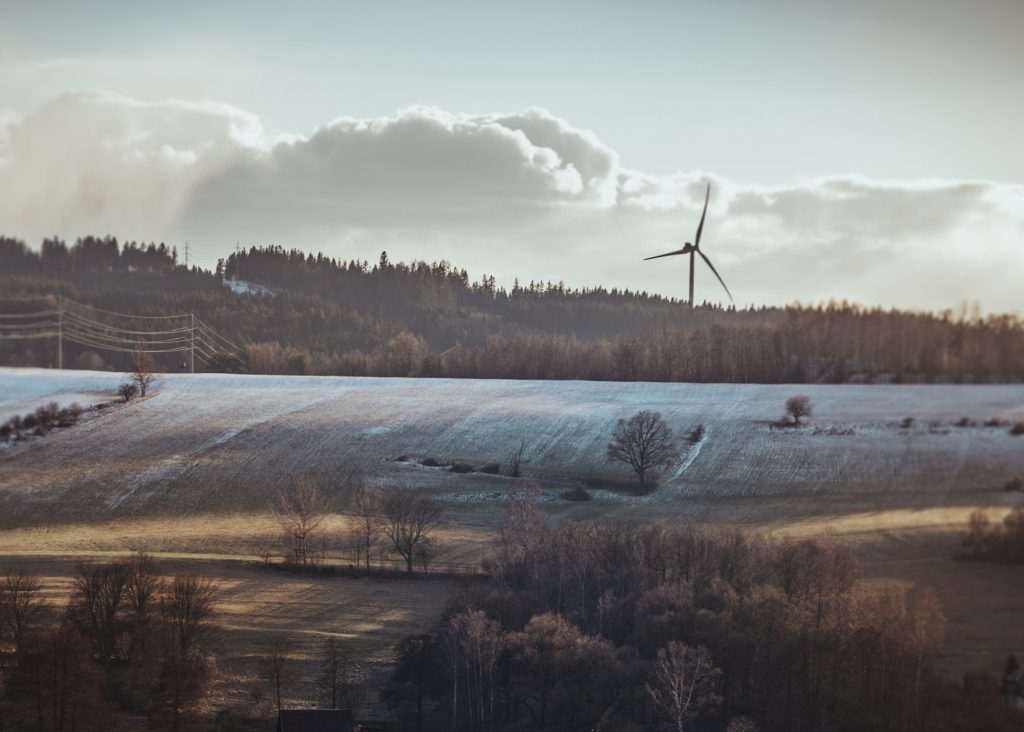
“Energy Efficiency and Renewables” Menu
Energy underpins almost every sector of our economy. The reliability and resilience of our energy is vital. This Menu will help communities make choices to be more resilient to severe weather. Focus areas include “Assessment and Planning”, “Energy Efficiency”, “Renewable Energy Generation”, and “Energy Resilience.”
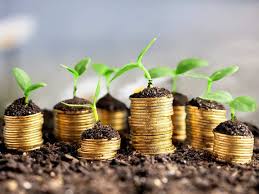
Save $$$ on Energy- Learn How!
This factsheet provides tips on how the Inflation Reduction Act (IRA), can provide new tax credits, rebates, and discounts to help homeowners make energy efficiency improvements and save on their utility bills. More details are available in this “How the Inflation Reduction Act Can Benefit Consumers in Your Community” webinar recording from October 25, 2023.
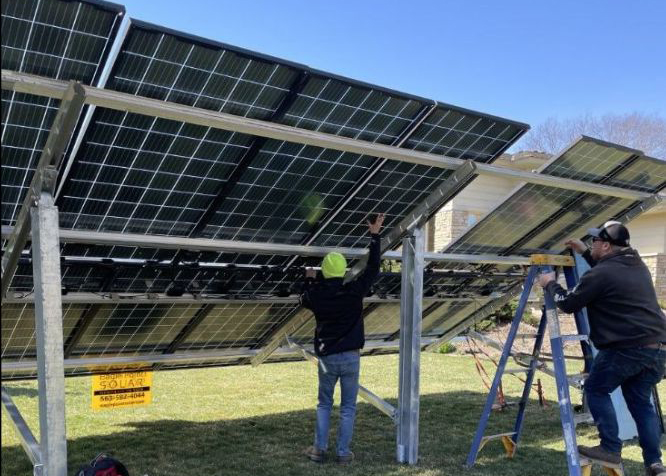
Energy On Wisconsin Program Resources
Energy On Wisconsin provides resources and the latest information, tools, financing and funding, trainings, and opportunities to promote Wisconsin’s transitions to energy independence and a clean energy economy.
Climate Justice & Equity Resources
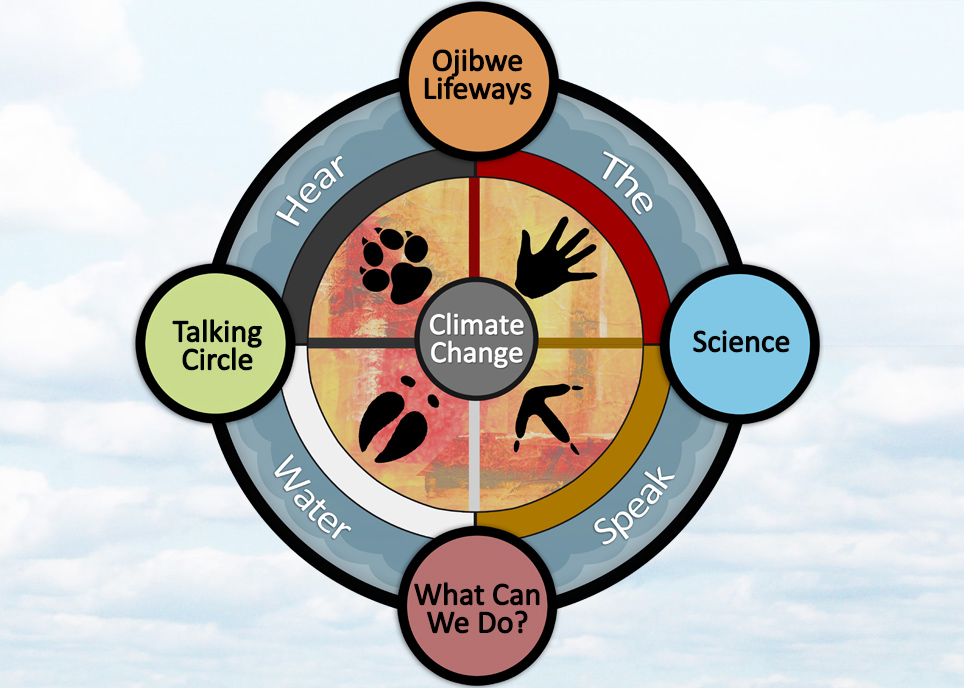
G-WOW Changing Climate, Changing Culture Methodology
This web-based curriculum demonstrates how to use the G-WOW methodology to weave place-based and indigenous ecological knowledge with “academic” science to promote culturally relevant climate action for all cultures and locations!
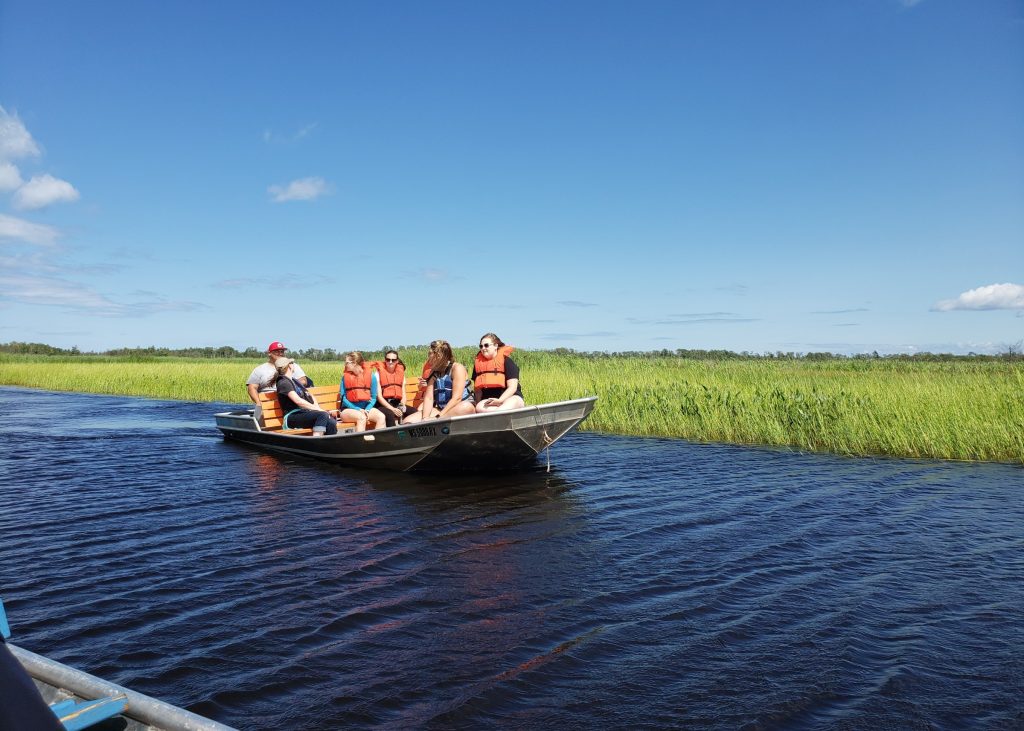
Climate and Culture Programs
Extension programs offered in partnership with the Great Lakes Indian Fish and tribal communities that integrate indigenous ecological knowledge of the Lake Superior Ojibwe people to build equitable climate leadership!

Minisan: A Tool for Decolonizing Climate Change Education
“Minisan” means “islands” in the Ojibwe language. This website, created by Extension and tribal partners, demonstrates how indigenous perspectives can be applied to “decolonize” climate change and adaptation educational outreach.




